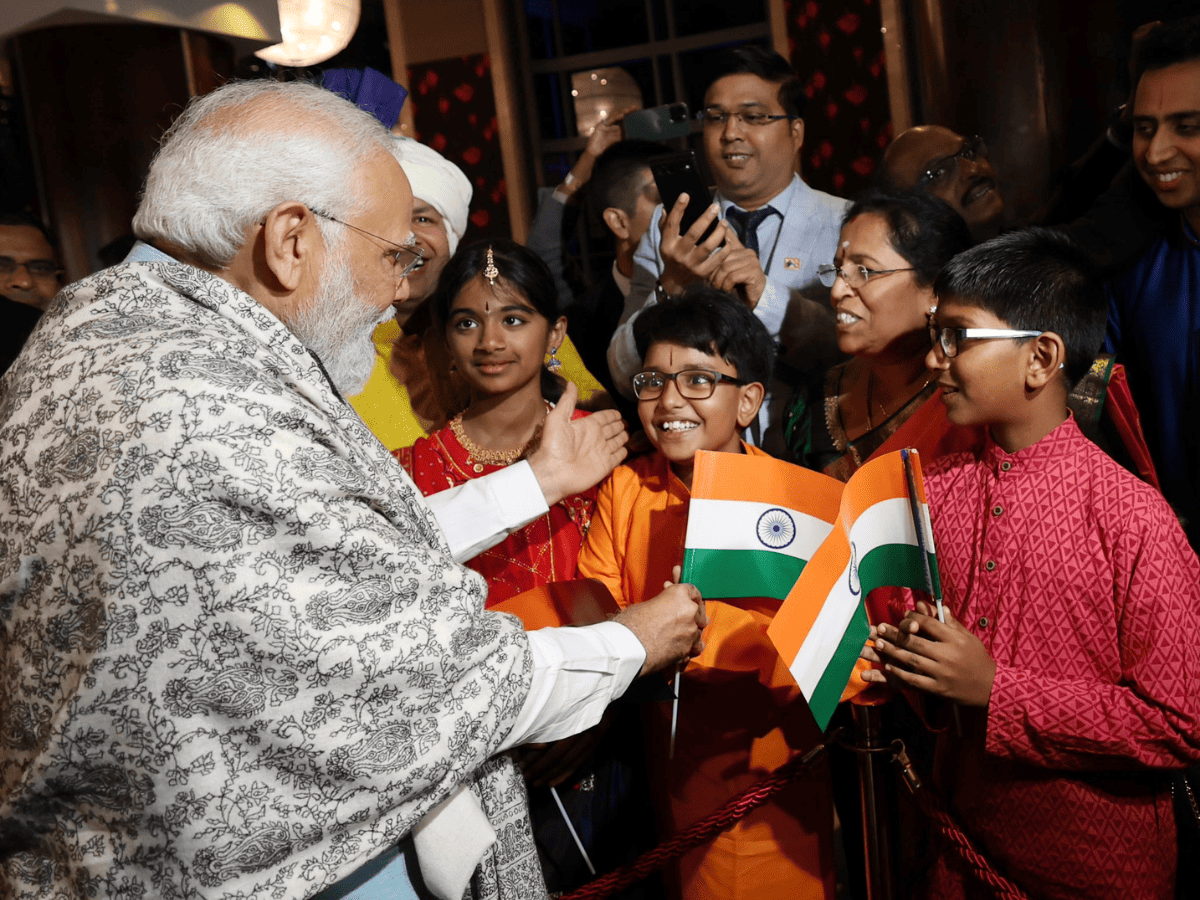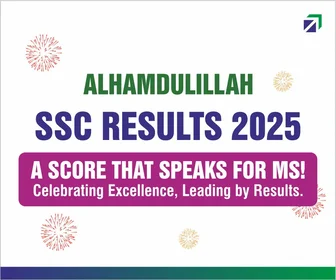
BBC documentary, India: The Modi Question, which was released in January this year, will be screened at the Australian Parliament House in Canberra.
Interestingly, the two-part documentary series, which faced plenty of criticism from government sympathisers as well as support from various journalists, activists and educationalists, will be screened at the same time when the prime minister is scheduled to visit the country on a three-day trip.
Modi will attend a mega community event with his Australian counterpart Anthony Albanese in Sydney to celebrate the country’s dynamic and diverse Indian diaspora, a core part of our multicultural community,” a statement from the Australian Parliament stated on Tuesday.
The screening will be organised by human rights organisations including Amnesty International, the Australia and New Zealand chapters of Hindus for Human Rights, the Muslim Collective, The Periyar-Ambedkar Thought Circle-Australia, The Humanism Project and The Centre for Culture-Centred Approach to Research and Evaluation.
After the screening, a discussion on Modi’s timeline as Gujarat’s CM during the riots, to the present will be held. Speakers include Aakashi Bhatt, daughter of jailed Gujarat IPS police officer Sanjiv Bhatt, who is currently serving life imprisonment in a custodial death case. Bhatt had made concerning remarks on Modi’s handling of the riots.
Australian senators David Shoebridge and Jordon Steele-John will address the audience at the screening.
The screening is a private affair. The Australian Parliament has rented out space.
Modi’s Sydney visit
Prime Minister Narendra Modi left for Sydney on Tuesday after US President Joe Biden pulled out from the scheduled Quad Summit that was cancelled and later held on the sidelines of the just concluded G7 summit in Hiroshima.
PM Modi will hold a bilateral meeting with the Australian PM Anthony Albanese to discuss trade, and investment, strengthening people-to-people links, renewable energy, and defence and security cooperation.
What is the BBC documentary controversy?
The two-part India: The Modi Question focuses on the 2002 Gujarat riots that killed thousands and left millions homeless, especially in the Muslim community and the role played by the then chief minister Narendra Modi’s government.
The documentary criticises the PM of India for his alleged insufficient action, eventually leading to the massacre and displacement of thousands of people, mostly from the Muslim community, and property damage.
The summary of the report mentions statements such as “extend of violence much greater than reported”, “widespread and systematic rape of Muslim women”, “violence politically motivated”, “aim was to purge Muslims from Hindu areas”, “their systematic of violence has all the hallmarks of ethnic cleansing”.
Speaking to the BBC, former foreign secretary, Jack Straw (2001-2006) said he was personally involved in the investigations as the data and results provided were alarming.
“I was very worried about it. I took a great deal of personal interest because India is an important country with whom we (the UK) have relations. And so, we had to handle it very carefully,” Straw told the BBC, adding, “What we did was establish an inquiry and have a team go to Gujarat and find out for themselves what had happened. And they produced a very thorough report.
Soon after its release in January this year, the documentary faced the wrath of the BJP-led Central Government that ordered social media platforms such as YouTube to take down the movie. The Union Ministry of External Affairs called the documentary a ‘propaganda piece’.
However, banning only led to more screenings at several premium institutions such as Jawaharlal Nehru University, University of Hyderabad, Madras University etc, where students held special screenings.
The income tax department conducted ‘surveys’ at the BBC offices in Mumbai and Delhi the following month.
The Delhi High Court on Monday issued a summon to BBC on a defamation suit filed by an NGO claiming that its documentary “cast a slur on the reputation of India, its judiciary and Prime Minister Narendra Modi”.
Senior advocate Harish Salve, appearing for the NGO, said the suit for defamation against the BBC is in relation to the documentary which has “defamed” India and the whole system including the judiciary.
(With inputs from agencies)



